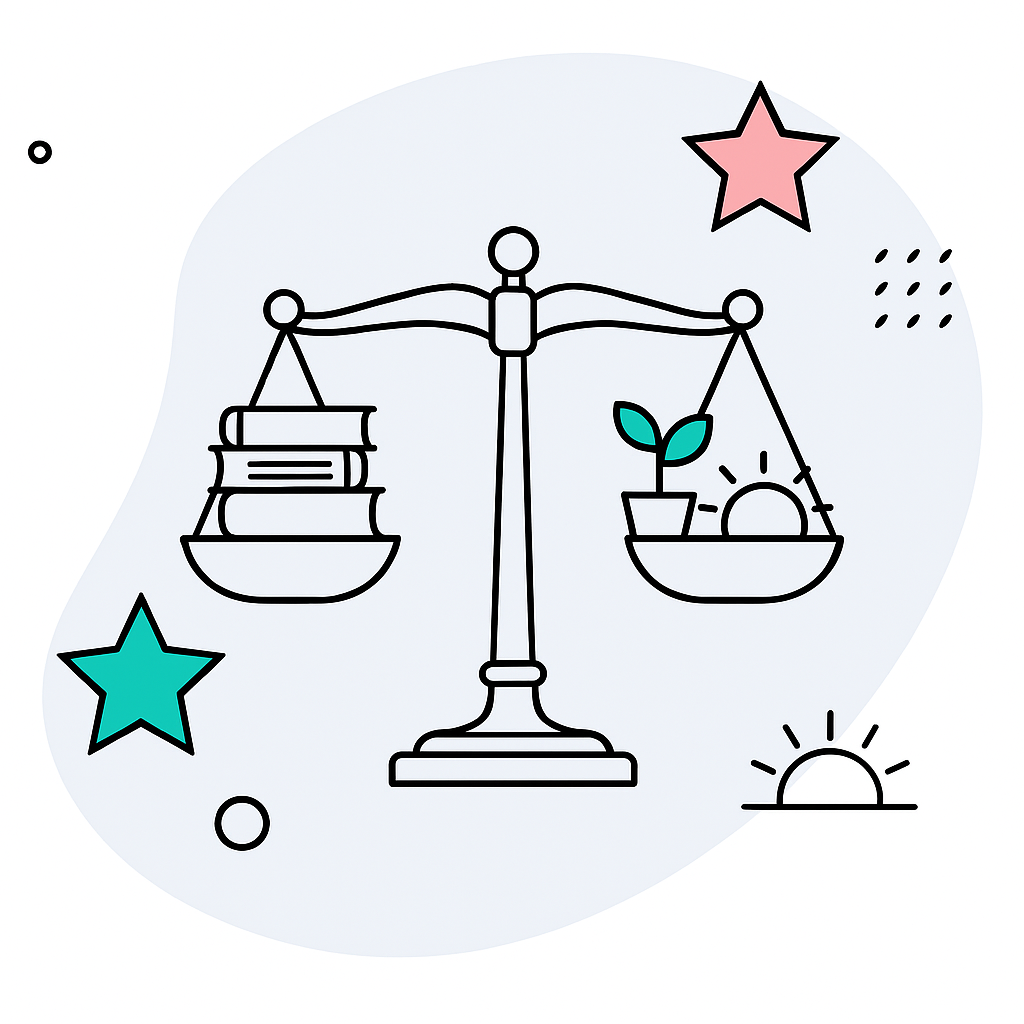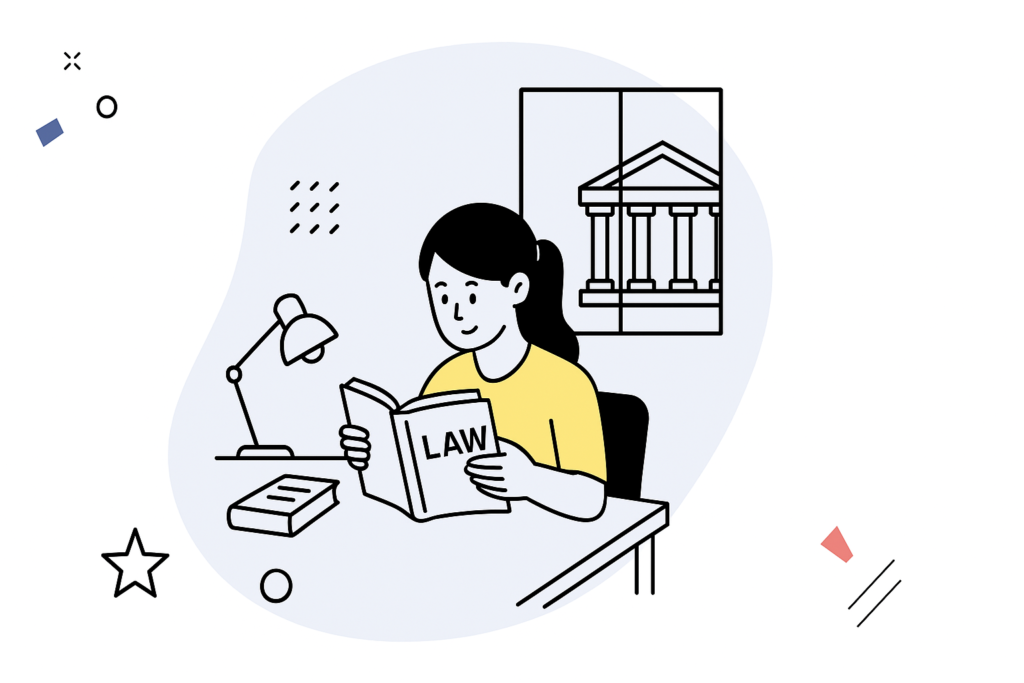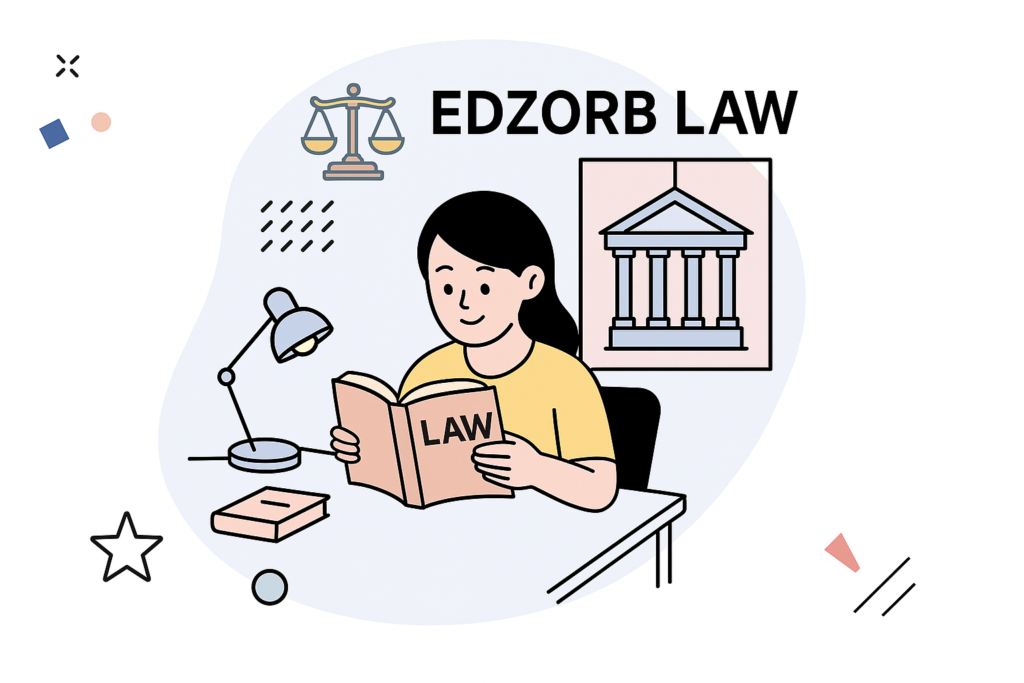In today’s world of constant notifications and distractions, staying focused while studying can be a real challenge. But with Edzorb, you have a supportive partner to help you enhance your concentration and academic performance.
Let’s explore how you can boost your productivity using Deep Work principles for better results in your studies!
What is Deep Work & Why Does It Matter for Students?
The concept of Deep Work, coined by productivity expert Cal Newport, refers to a state of deep concentration that leads to high-quality, meaningful results.
It involves working without distractions for extended periods (typically 90 minutes or more) on cognitively demanding tasks. In a world full of distractions, embracing deep work gives you a competitive edge.
Benefits of Deep Work for Aspiring Students:
- Better Retention & Learning: When you’re fully focused, your brain absorbs information more efficiently.
- Increased Productivity: Say goodbye to frequent breaks and distractions – deep focus lets you work faster and smarter.
- Stronger Critical Thinking: Focused study allows you to connect ideas and apply knowledge more effectively.
- Improved Success Rates: Mastering deep work leads to more academic wins and increased career opportunities.
How to Incorporate Deep Work into Your Study Routine

Cal Newport shares several actionable tips to help you achieve deep work:
- Set Dedicated Time for Deep Work: Pick a time when you’re least likely to be interrupted – maybe early mornings or late evenings.
- Eliminate Distractions: Put your phone on silent, block social media, and clear your study area of distractions.
- Break it Down: Use 90-minute intervals with short breaks in between to keep your focus sharp.
- Create a Conducive Environment: Find a quiet study space and use noise-cancelling headphones if necessary.
- Set Clear Goals: Break your tasks into smaller goals and track your progress to stay motivated.
- Practice Regularly: The more you practice deep work, the better you get at it. Incorporate it into your routine consistently.
Minimizing Distractions: Tips from Edzorb
Staying focused isn’t easy, but with the right strategies, you can overcome distractions and stay on track:
- Choose a Quiet Study Spot: Whether it’s a library, a dedicated room, or a peaceful park corner, find a distraction-free zone.
- Turn Off Your Devices: Silence your phone, close unnecessary tabs, and disable notifications.
- Use the Pomodoro Technique: Study for 25 minutes, then take a 5-minute break. Repeat the cycle for maximum focus.
- Stay Motivated: Remind yourself of your end goal; Why are you studying? Your dream career is within reach.
Adopting Deep Work Habits: A Game Changer

Adopting deep work habits can drastically improve your study sessions, but it requires practice and dedication. At Edzorb Law, we’re here to help you master these strategies with personalized study plans and focused learning sessions.
By committing to deep work, you’re setting yourself up for academic success and future growth.
Ready to Take Your Focus to the Next Level?
At Edzorb, we believe in empowering students like you to reach your full potential. Our expert guidance and personalized strategies are designed to help you master the art of deep work, boost your focus, and ace your exams.
Start your journey with today!

 Podcast
Podcast








 Features
Features






